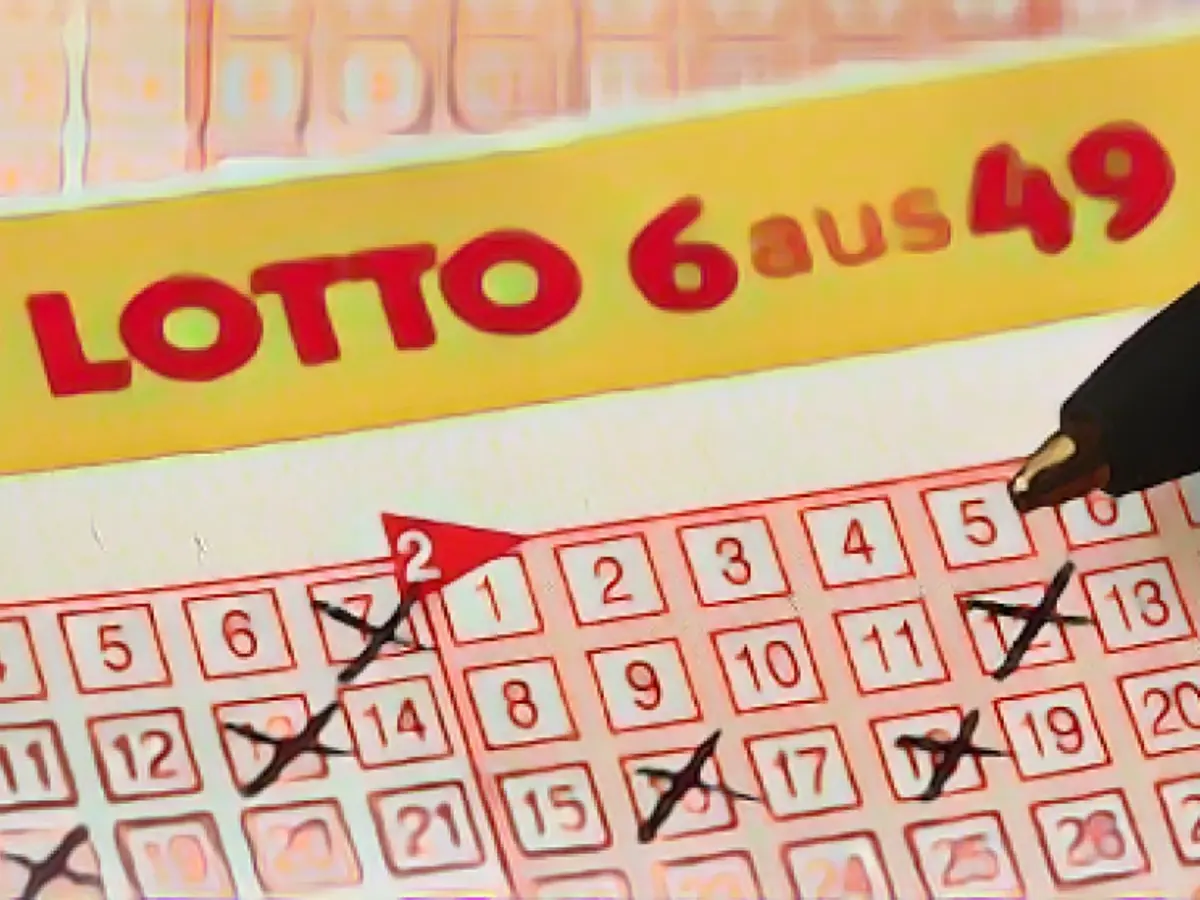Breaking down barriers and exposing the reality behind the scenes at SRW metalfloat GmbH
Leipzig - The workers toil away on the assembly line of this unassuming plant in Espenhain, extracting valuable metals such as aluminum and copper from old car wrecks and other industrial scrap. But despite their hard work, the pay is barely enough to get by.
The hidden reality behind the scenes at SRW metalfloat GmbH is a sobering one, with employees struggling to make ends meet on low wages, harsh working conditions, and minimal job security.
The Power Struggle
Behind the scenes, the parent company of SRW metalfloat GmbH, Scholz Recycling Group, has a secret past. In 2016, the group was taken over by Chiho Environmental Group Limited, the largest scrap recycling company in China, for just one euro. Since then, the Saxon workers have been under the Chinese boss's thumb, with the company's top boss based in China.
The collective bargaining agreement, heavily desired by the IG Metall trade union, has been a point of contention. The employer has refused to sign, with the SRW metalfloat site generating 23.8% of the group's German turnover, around 1.6 billion euros a year.
The Strike
The employees, tired of struggling under poor wages and working conditions, have taken action. For the third week, most of the 180 employees at SRW metalfloat in Espenhain have been on strike, demanding an 8% wage increase, Christmas and vacation bonuses of 1,500 euros each, and a reduction in the working week from 40 to 38 hours.
Carsten Schulz, a forklift driver, has been standing in front of the factory gate every day for 20 years, fighting for a fair wage not just for himself but for his colleagues. Despite the harsh realities, the striking workers remain determined, even prepared to hold out until beyond the holiday season.
Michael Hecker, the union leader at IG Metall, describes the situation as exploitative, with employees working under harsh conditions for just above minimum wage. The already tough job is made even more difficult by the high amounts of dust, and wages are significantly lower than the industry average.
The Bottom of the League
Saxony has been named bottom of the league when it comes to collective agreements, with a mere 39% of employees being paid according to collective agreements, compared to 57% in western Germany. The report from the Hans Böckler Foundation indicates that Saxony may be on its way to becoming a low-wage state.
The Future
Despite the support from politicians like SPD Co-Chairman Lars Klingbeil (45) and Saxony's Minister of Social Affairs, Petra Köpping (65), the bosses have yet to be convinced. The strikers' determination remains, and the future of SRW metalfloat GmbH lies in the balance.
Will they eventually sign the collective agreement?
The unyielding workers at SRW metalfloat, who have been enduring harsh working conditions and minimal wages for years, are determined to fight for a fair collective agreement. But will the employers finally agree? And what impact will their solidarity have on the workers at Scholz Recycling Gmbh's other 70 sites in Germany, including the 18 in Saxony alone?
Source:
The Hidden Truth about Scholz Recycling
The struggle for fair wages and working conditions at SRW metalfloat is just one piece of the puzzle when it comes to Scholz Recycling Group. In 2016, the company was taken over by China's largest scrap recycling company, Chiho Environmental Group Limited, for just one euro. Since then, workers have been grappling with harsh conditions and barely above minimum wage.
The Profit Transfer Controversy
According to IG Metall, Scholz Recycling Gmbh is involved in profit transfer agreements, where profits are transferred to the Scholz headquarters in Essingen and eventually sent to China. The union alleges that little investment is returned to the site in Espenhain, meaning the employees are left to struggle under the weight of low wages and poor working conditions.
Support from the SPD and Saxony
Despite the struggles at SRW metalfloat, politicians like the SPD's Lars Klingbeil and Saxony's Minister of Social Affairs, Petra Köpping, have shown their support, visiting the striking workers to listen to their concerns and express solidarity. However, this support has yet to sway the employers to agree to the collective bargaining agreement.
The battle for fair wages and working conditions at SRW metalfloat and Scholz Recycling Group is far from over. With the workers' determination and the support of politicians and the public, a change could be on the horizon.
*Enrichment Data:
- The average income for the employees at SRW metalfloat is just over 13.64 euros an hour, which leaves them earning significantly less than the industry average.
- The Scholz Recycling Group generates 23.8% of its German turnover through SRW metalfloat, amounting to around 1.6 billion euros a year.
- Over half of the employees at SRW metalfloat have been working for the company for over 10 years.
- Scholz Recycling Group operates around 70 sites in Germany, with 18 locations in Saxony alone. Source:








